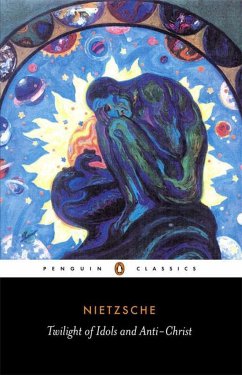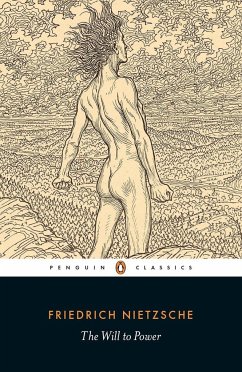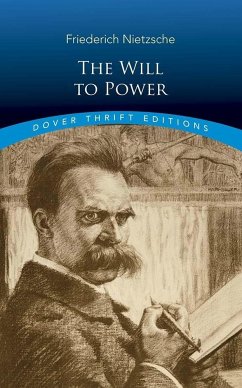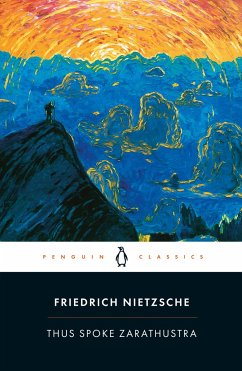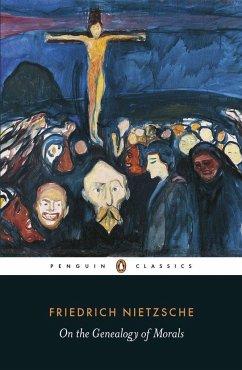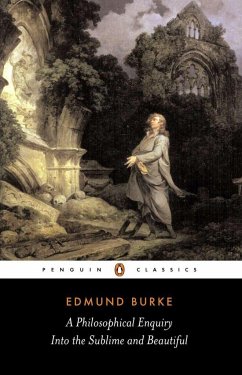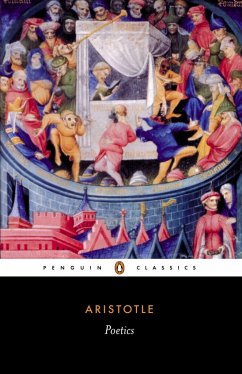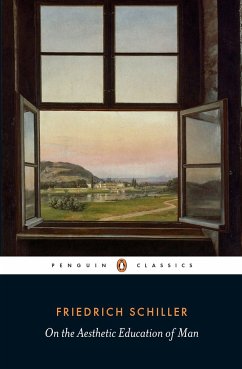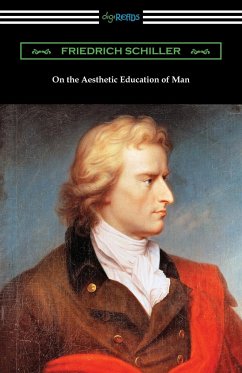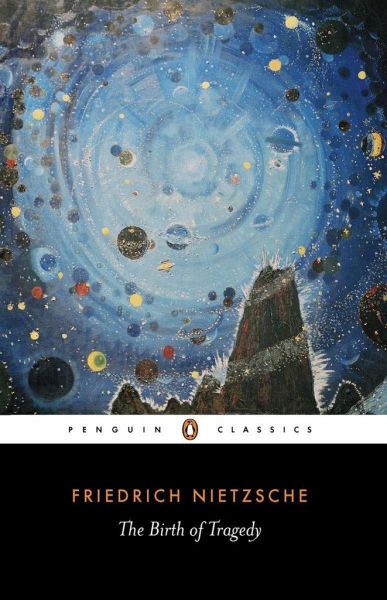
The Birth of Tragedy
Out of the Spirit of Music
Herausgeber: Tanner, Michael / Übersetzer: Whiteside, Shaun

PAYBACK Punkte
8 °P sammeln!
Presents an argument for the necessity for art in life. This book is based on the author's enthusiasms for Greek tragedy, for the philosophy of Schopenhauer and for the music of Wagner. It outlines a distinction between two central forces: the Apolline, representing beauty and order, and the Dionysiac, a primal or ecstatic reaction to the sublime.





